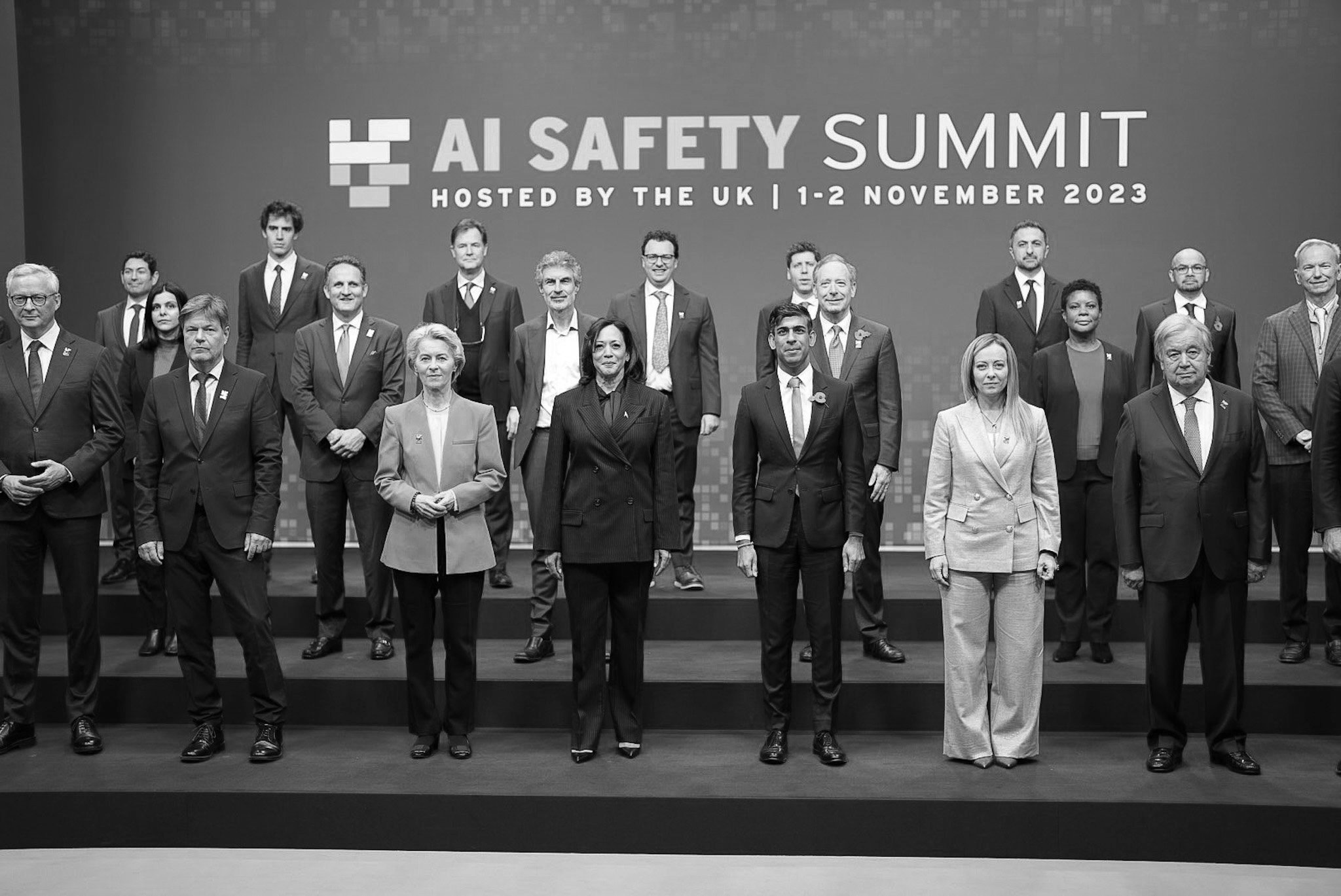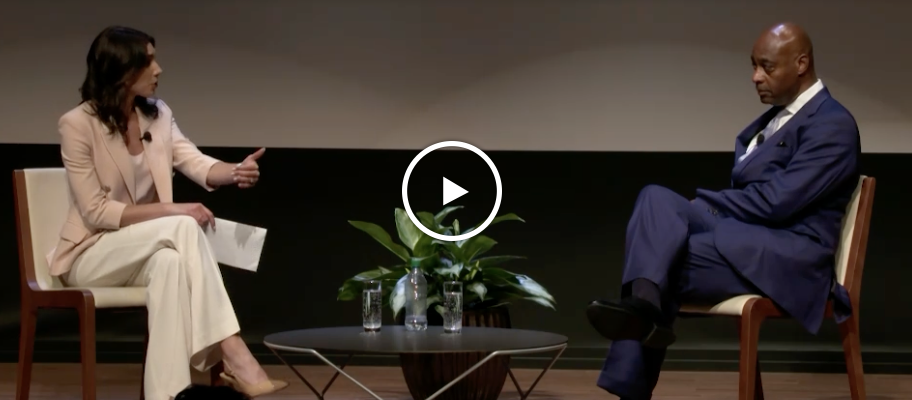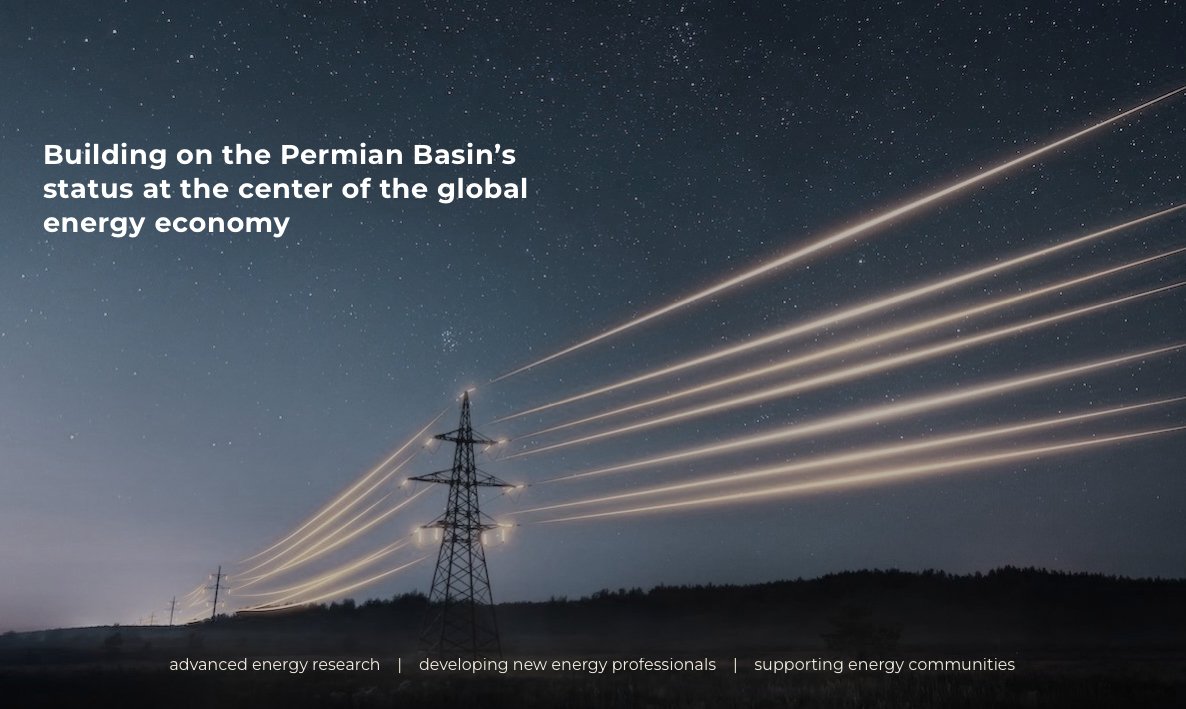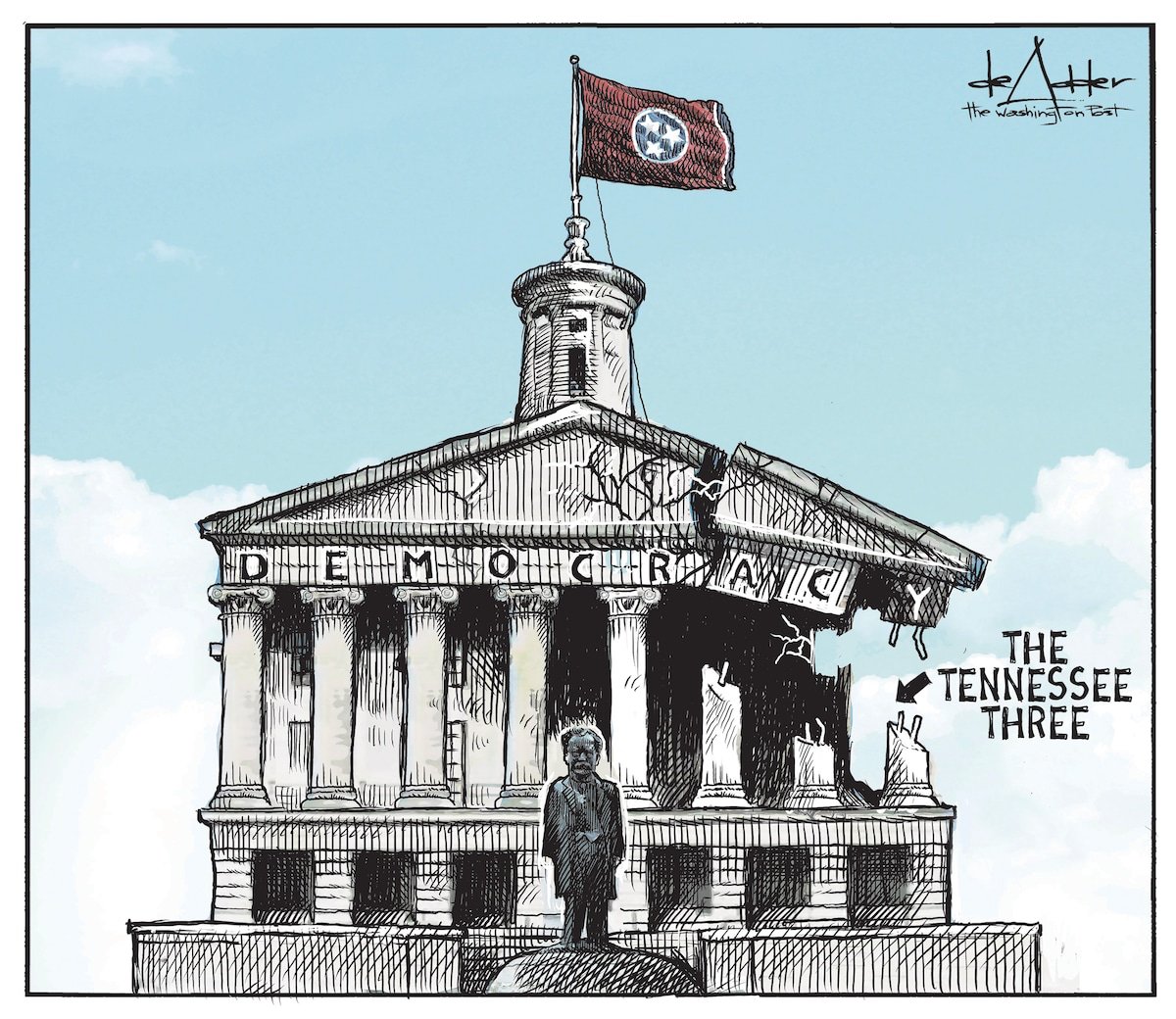News & views.
A collection of stories about data, public opinion and politics and news about our firm.

The Taxing Presidency of Donald Trump
It’s notable that a majority of Americans now oppose Donald Trump’s tariffs. These weren’t advertised as taxes, but Americans quickly came to learn they function as such, thanks to economists, news outlets such, Democratic messaging and the bond market’s Newtonian reaction to Liberation Day. The takeaway was clear: Americans may not follow trade policy, but they understand a tax.

Pope Francis on crises and conflicts
It’s not often you get to look with fresh eyes on words that shape our politics and humanity. That was our experience in reading the late Pope Francis’s reflections on “crisis” and “conflict.” We use these words interchangeably, but Francis draws a sharp distinction. In his view—a view that knocked us back—crisis is a necessary thing, vital to individuals, institutions and societies. Conflict, on the other hand, fractures reality. It closes us off, forces us to pick sides, to seek blame.

Narcissism and Ostracism: A Vicious Social Loop
Narcissism may contribute to social exclusion, but ostracism itself can also fuel the development of narcissistic traits,” explained Christiane Büttner, lead author of a big new study published by the American Psychological Association.

Ancient voices, brought to life by AI
Charred scrolls buried by the eruption of Mt. Vesuvius nearly 2,000 years ago are being read for the first time, thanks to remarkable advances in AI and X-ray imaging—and the diligence of a global team of scientists, historians, and entrepreneurs.

Storytelling wins elections
Successful campaigns define clear, emotionally resonant narratives. For Republicans, cultural grievance and preserving the status quo were central themes. These narratives tapped into fear and frustration with societal and economic change.

Voting our way into a housing crisis
In her book On The Housing Crisis: Land, Development, Democracy, Jerusalem Demsas tackles a critical yet often misunderstood issue: how democratic structures, local elections and community meetings have contributed to a nationwide housing shortage.

Want to fight misinformation? Teach people how algorithms work
A peer-reviewed study in the Harvard Kennedy School Misinformation Review shows that individuals become more vigilant about spotting misinformation when they understand how algorithms filter and boost content.

The Unstoppable and Overdue Growth of Women's College Basketball
When organizations and media outlets commit to equitable messaging, storytelling and promotion across women's and men's sports, they fulfill a moral obligation while unlocking public enthusiasm and market potential that can transform industries.

AI and the Pursuit of Ethical Clarity
Some may still argue that such lofty concepts are inconsistent with the fast pace of AI development and a highly competitive market environment. That it’s too much to ask of highly competitive companies in a fight for talent and market share; their leaders do not have time for abstraction and existential thinking.
In response, I would suggest the incongruous Jesuit watchword of “contemplative action” as a guiding principle. Discerning leaders engage their intellects as they go about doing their work, even when crises press upon them. It’s a high bar to set—Kennedy level leadership—but the challenge of artificial intelligence demands it.

How Good is Your Eye? Discernment in Politics
While discernment originates from a spiritual context, it applies to other areas, especially politics. And that’s why assessing a political leader’s ability to discern—how good is her eye?—can help us better understand the thought process that sets apart our most skilled politicians.


Storytelling and leadership amid uncertainty
A new article from the Harvard Business Review emphasizes the central role that vision and storytelling play in asserting leadership in the face of uncertainty.

Artificial Intelligence and a Return to Human Interaction
When you can't trust what you see online due to AI hallucination, deepfakes and rampant misinformation—you have no choice but to go back to the basics.

Ray McGuire's Take on the Global Landscape
In a fireside chat with Bloomberg last week, Lazard president Ray McGuire outlined five trends shaping the world today: generative AI, the energy transition, de-globalization, aging and cyber security.

Patagonia and Brand Politicization
How do we reconcile conventional wisdom about the risks brands run when they take a political position with the news that Patagonia is America's best-loved corporate brand?

The Power of an Apology
The New York City Transit Authority used to punctuate subway delays with an automated announcement telling riders, "we apologize for this unavoidable delay." It was an excuse masquerading as an apology, and an unintentional reminder of the low quality of service riders should expect.

Communications and the Collapse of Silicon Valley Bank
It takes time and careful analysis to isolate causes in a crisis as complex as SVB's. That's vital work for policymakers, especially those willing to eschew the hot take in search of lasting solutions to this crisis and the next.

A New Era for American Energy
The goal of the Permian Energy Development Lab, which launched last month, is to speed up the development of advanced, clean energy systems, educate the next generation of energy professionals and support energy-intensive communities and the natural resources they depend on.


The Why of the Midterms — and What's to Come
We wrote last summer that while Roe v. Wade might not have been settled law, it was indeed settled public opinion, with decades of broad and stable support. Admittedly, we took a wait-and-see attitude on the impact of the Dobbs decision on the midterms, but as devotees of behavioral economists Daniel Kahneman and Amos Tversky, we should have known better.
